10 Google Hacks to Improve Website Ranking in 2025
March 03, 2025
Rankinity is a single indicator of your SEO performance!
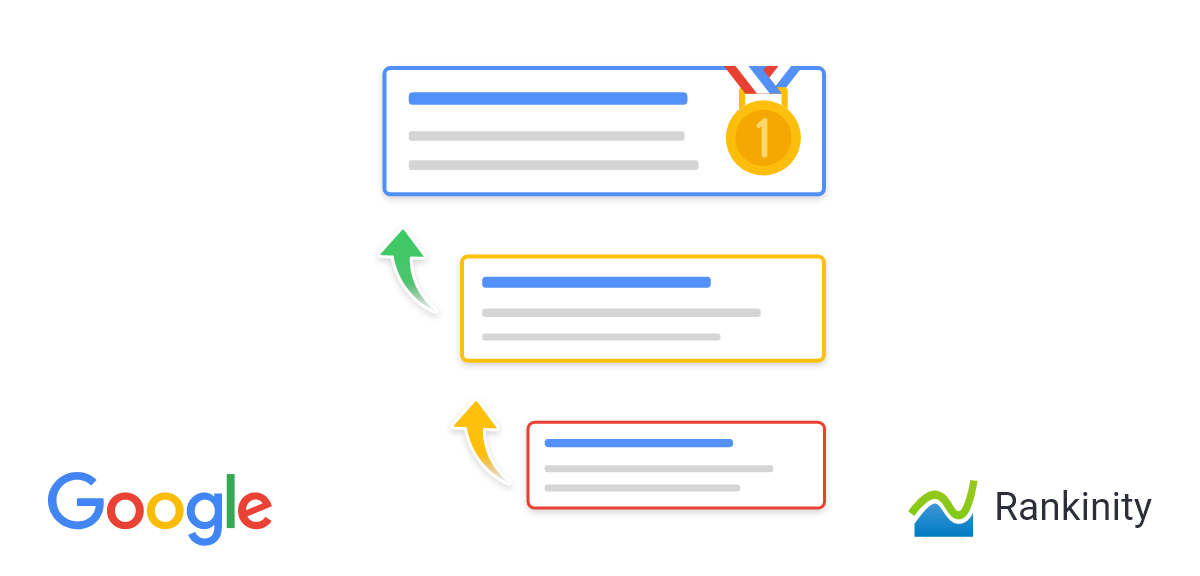
Need to check positions on Google? The answer is here:
10 steps to boost your ranking in Google Search
- Why do you need authoritative and original articles?
- how your reader might search for your webpage?
- Why you should use key phrases consisting of several words?
- Why you should attribute information?
- Who is the reader of your page?
- Why update content on a regular basis?
10 steps to boost your ranking in Google Search
Rankinity prepared 10 simple steps for you to improve your website's position in Google Search. Apply and watch your website climb up the Google rankings results.
1. Improve UX
Improve the user experience of your website. According to numerous studies, there are four main ranking factors: site visit, time on site, number of pages per session and bounce rate. If your website is user-friendly and offers valuable information, you will get more visitors and higher position in the rankings.

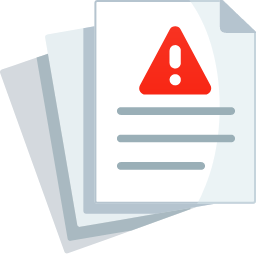
2. Write error-free content
Write content that is optimized for SEO. Having high-quality content on your website is one of the best ways to increase traffic and climb higher in the search engine rankings. Moreover, Google itself has stated that having relevant content on a page is more important for ranking than behavioral factors. Constantly make sure your content is error-free, keyword-filled, mobile-optimized, written with your target audience in mind, and includes important links to internal and external content.
3. Get more backlinks
Backlinks are one of Google's most powerful ranking factors. Inbound links to your site pages from trusted domains show the authority of your site, attract traffic and boost your search rankings.
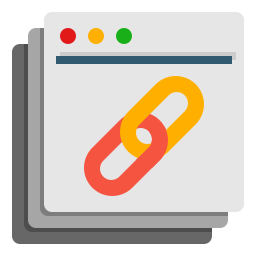
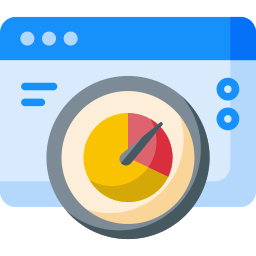
4. Increase page load speed
Loading time is one of the key metrics in Google Core Web Vitals. Make sure your site is running as fast as possible - both to boost your search rankings and to ensure a good user experience.
5. Get rid of non-working links
Having working links on your site is the best way to increase traffic to your site. But links that result in a 404 error are detrimental to the user experience and ranking in Google search. Use any handy tool you have to find broken links and get rid of them.

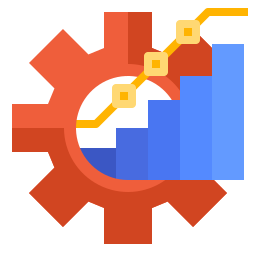
6. Optimize images
Optimizing images is crucial for improving the site's display speed. Make sure all images on your site are compressed, have optimized filenames and include alt text.
7. Use H1-H3 headers
Headers make your content more readable and understandable to people. Header tags are a good way to show the structure of your page and emphasize the right points.
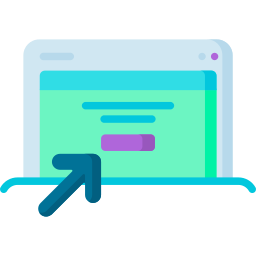
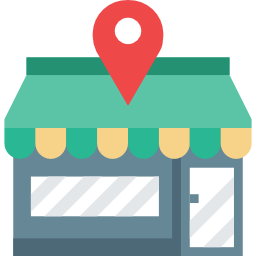
8. Optimize for local search
More and more people are using their smartphones to search for local places along with the keyword "near me". In order for your website to show up in relevant local searches, make sure you register your project with Google My Business. You also need to submit relevant content to Google Posts.
9. Optimize for voice search
According to numerous studies, over 60% of people surveyed still say they use voice search on their smartphone. Make sure your pages are relevant with complete sentences phrased in a natural conversational style.

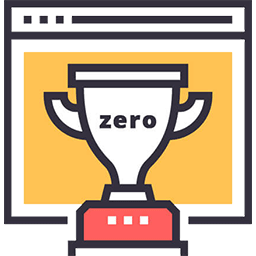
10. Always aim for "position zero"
When user asks a question, Google sometimes takes content from a relevant site and displays it in a special answer box above the #1 search result. Getting a paragraph of an article into a special snippet is a great way to increase traffic (snippets contain a link to the page and an excerpt from it) as well as increase your brand authority and visibility. To increase chances of your page being selected by Google as the answer to a user's question, think about the possible search queries related to that question and fill your page with clear and authoritative answers.
CONTENT
Why do you need authoritative and original articles?
Authoritative and relevant content is the biggest and most important factor that determines search engine rankings. There is no substitute for great content. Quality content created specifically for your target audience, attracts visitors (including through search engine snippets) and ultimately increases traffic to your webpage. And this in turn affects the authority and relevance of your entire website. Become an authority on the topic you write about and maximize your writing skills. If you achieve this, you'll be ranked at the top of the Google.
how your reader might search for your webpage?
Be sure to identify a specific and precise keyword phrase for each authoritative page on your website. Consider how your reader might search for your webpage and which search pattern they will use. Look for several examples:
| Keyword | Writing content page | Ranking page | Traffic page |
|---|---|---|---|
| How to attract traffic to your website | |||
| How to get traffic on shopify | |||
| How Google rank your website | |||
| How Google formula works | |||
| How to check article uniqueness | |||
| Join Rankinity |
Why you should use key phrases consisting of several words?
Top notch content writing will get your webpage to rank in search engines for several keyword phrases at once (especially if these phrases are not very similar to each other, but say the same things). For example, the same page if it was written properly can be well ranked for the keywords "promotion in Google" and "how to determine website positions in Google". Ranking the same page for the phrases "Google promotion" and "Instagram business promotion" or "Google SEO" and "YouTube promotion" nowadays is not simply impossible. Always keep this in mind. Today, the number of unique pages on the same topic can range from several hundreds to several thousands. There is no shortage of content. Therefore there's a lot of competition between pages (and in fact between the articles).
| Keyword | SEO page | Instagram page | YouTube page |
|---|---|---|---|
| Instagram business promotion | |||
| YouTube promotion | |||
| promotion in Google | |||
| how to determine website positions in Google | |||
| Google SEO | |||
| Google promotion | |||
| Join Rankinity |
If you want to rank for multiple keyword phrases and you want to make it easier for yourself to write articles, make a separate web page for each keyword phrase you are targeting.
Why you should attribute information?
Once you've chosen the keyphrase you'll be promoting your page for, be sure to answer the following questions for yourself:
- How do you use part or even all of your keyphrase in your page address?
- How do you use your keyphrase in the page title?
- How to use your keyphrase in the subheadings and text of the page?
Answering yes to all 3 questions will help improve your search engine rankings. However, use natural language and user-friendly presentation formats. For example, never use the word "promotion" in the URL three or more times if you want to improve your position on the query "promotion. Or the phrase "soccer games" repeated not only in the title of the page but also in each subheading. Readability and usability is always more important than search engine optimization.
READERS
Who is the reader of your page?
Page content has the biggest impact on search engine rankings beyond URLs, titles and headlines. Repeat the keyword phrase several times throughout the page - once or twice in the opening and closing paragraphs and two to four more times in the rest of the content. Be authoritative and confident in what you write. Strategically place links to relevant sources and additional information.
Don't forget to use bold, italics, header tags (especially H1) and other highlight tags to emphasize those key phrases. Never sacrifice good presentation style for the sake of SEO. The best pages are written for the user, not for the search engine.


Why update content on a regular basis?
You've probably noticed that we're very particular about content. Search engines feel the same way. Regularly updated content is considered one of the best indicators of a website's relevance, so make sure it's up to date. Do a content audit on a set schedule (like every six months) and update it as needed.
Why start a blog?
Writing additional content with keyword phrases on a news blog always boosts search engine rankings. Blog posts can be short. If it helps the reader to get more insight or additional information on a topic connect the articles and blog posts you need.

META

Why do I need to use metadata?
Every page includes space between the <head> tags to insert metadata. Review and update the metadata as your site changes over time. This is very important!
Header metadata
Title metadata is responsible for the page titles displayed at the top of the browser window and as titles in search engine results. This is the most important metadata on your page.
Good CMSes often have a mechanism that allows meta-headers to be generated automatically. This increases the importance of using thoughtful page titles filled with keyword phrases.


Description metadata
Description metadata is a textual description that a browser can use in the search results of your page. Think of it as your website showcase - a concise and attractive description of what's in it. A good meta description usually contains two complete sentences. Search engines may not always use your meta description, but it's important to give them that opportunity.
Keyword metadata
Keyword metadata is rarely, if ever, used to calculate search engine rankings. However, you should know your keyword phrases, so it doesn't hurt to add them to your keyword metadata.
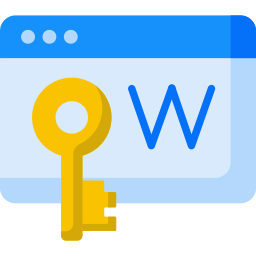
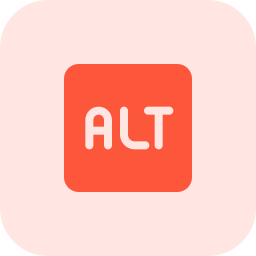
Why use Alt tags?
Always attach text descriptions for images and videos using alt tags. They allow search engines to determine the meaning of the picture or video.
BACKLINKS
How do you make a website worthy of backlinks?
A web page that is content-rich, authoritative, objective, and helps visitors learn more about their interests is more likely to attract links from other sites, which will improve your search engine optimization.
Increase your authority and credibility by adding relevant links to your text. Instead of "click here" type links, try writing the name of the destination. "Click here" has no value to search engines, while "California Insurance Company" is keyword-rich and will improve your search engine ranking as well as the ranking of the page you are linking to. Always use descriptive links by linking keywords - this not only improves search engine optimization, but will add value to your readers, including those with disabilities.
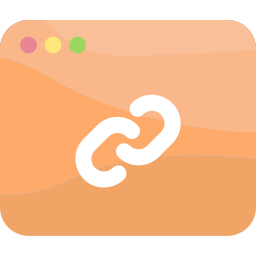
What users are saying?
our rating overview

341 votes
* You could rate Rankinity only once.
If you try to do it more times, you'll change your previous value!
View your positions right on your phone
Want to check rank on Google? The answer is here:
Get 300 checks per month absolutely FREE!
No credit card needed. No strings attached. 👍
